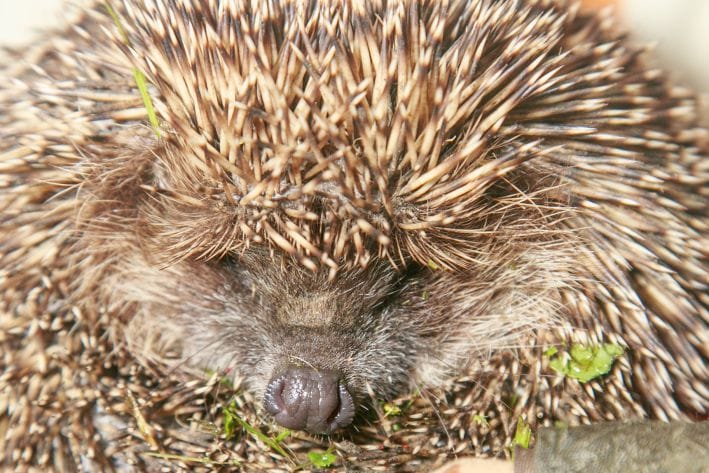A cute hedgehog in your hands is the dream of many.
But veterinarians are categorical: these animals are more dangerous than snakes!
Under the prickly shell hide bacteria, parasites and viruses that can kill a person in a matter of days.

Salmonella: The Invisible Killer
90% of wild hedgehogs carry salmonella. In 2020, an outbreak of the disease linked to contact with hedgehogs in the UK killed three children.
Bacteria enter not only through bites - they coat needles and fur, remaining active even after washing hands.
Spiny Shell: A Trap for Diseases
Hedgehog needles are an ideal environment for mites and fungi.
A study in the Journal of Wildlife Diseases found that a single hedgehog can be parasitized by up to 500 Ixodes ticks, which carry Lyme disease and encephalitis.
Touching them is equivalent to being bitten by an infected insect.
Olga, 28 years old:
"I petted a hedgehog at the dacha. Two days later - brain edema. Diagnosis - viral meningitis."
Veterinarian Alexey K .:
"Every third hedgehog in the Moscow region is infected with rabies. One needle prick and the risk of death is 100%."
How to help hedgehogs without risk
1. Do not touch! Use thick gloves and a mask if you need to move the animal.
2. Disinfection : If contact occurs, treat the skin with chlorhexidine and seek immediate medical attention.
3. Feeding from a distance : Leave food (such as cat food) in a secluded place.
“Hedgehogs are not pets, but carriers of deadly diseases,” emphasizes infectious disease specialist Maria Gromova.
Love for nature shouldn't cost you your life.
